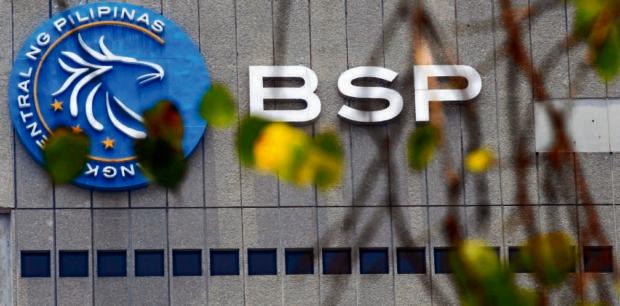MANILA – The Bangko Sentral ng Pilipinas (BSP) yet again reiterated that the domestic banking system is strong and prepared to withstand possible shocks posed by the collapse of some banks in the United States and concerns about the stability of banks in Europe.
In notes provided to President Ferdinand Marcos Jr., the BSP explained to the Chief Executive that it has long implemented structural reforms intended to ensure the safety and soundness of local banks.
Most notably, the regulator said it had strengthened surveillance mechanisms and coordination efforts, which allow the close monitoring of developments that may pose risks to the financial system and proactive response when needed.
“The BSP also has in place emergency loan facilities, which can be tapped by solvent banks experiencing serious liquidity problems,” the central banks said.
Also, the BSP said it had been given enhanced resolution authority through the amendments to the law that establishes and governs Philippine Deposit Insurance Corp.
Philippine banks safe and sound, BSP reiterates
In banking, a failing bank is made to go through a process called resolution when authorities determine that it cannot go through normal insolvency proceedings without harming public interest and causing financial instability.
Further, the BSP assured Mr. Marcos that it has sound governance and risk management standards, which enable banks to assume risks commensurate with their risk-bearing capacity.
In addition, the BSP implements requirements—including the internationally adopted Basel III reforms on capital and liquidity standards—which enable banks to maintain adequate capital and liquidity.
The BSP is repeatedly reiterating assurances on the resilience of the Philippine banking system amid concerns about spillover effects of the failure of the American banks Silicon Valley Bank (SVB) and Signature Bank.
The BSP’s latest assertion of confidence also came amid building anxiety about possible contagion sparked by the woes of Credit Suisse, which has been absorbed by its larger rival UBS through a deal brokered by the Swiss government.
“This [merger] means [Credit Suisse] is too big to fail,” BSP Governor Felipe Medalla told reporters.
“It does not look like that other Globally Systemically Important Banks [like Credit Suisse] have the same problem, in which case the impact on the global economy— and therefore the Philippines—will not be significant,” Medalla said.
According to the financial supervision team of the BSP’s Supervisory Policy and Research Department, Philippine banks can weather shocks from the debacle in the US because the locals have an asset base that is significantly different from that of the Americans’.
‘PH banks remain resilient despite global jitters’
Philippine banks also have lower market risk exposure compared to US banks, and losses of local banks are expected to be smaller.
The BSP said this was so partly because the policy rate hikes of the US Federal Reserve were larger and came from a lower level than BSP policy rates.
Also, US banks’ bond holdings have longer tenors of as long as 30 years while Philippine banks mostly hold government securities with residual maturity of up to 15 years.
Additionally, Philippine banks maintain a diversified lending base; maintain sufficient capital to absorb unexpected losses from policy rate increases; are highly liquid and tend to rely on a wide depositor base compared to US banks; and do not have material exposure to the failed US banks.
